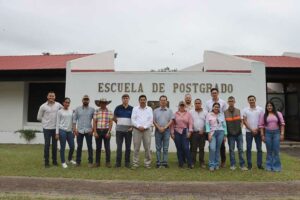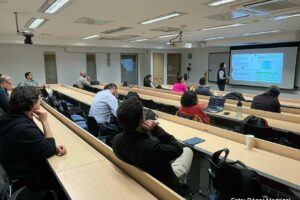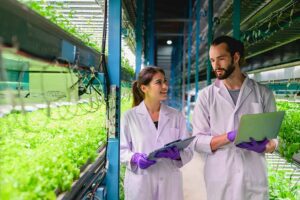CATIE holds International Forum on Water Harvesting Project
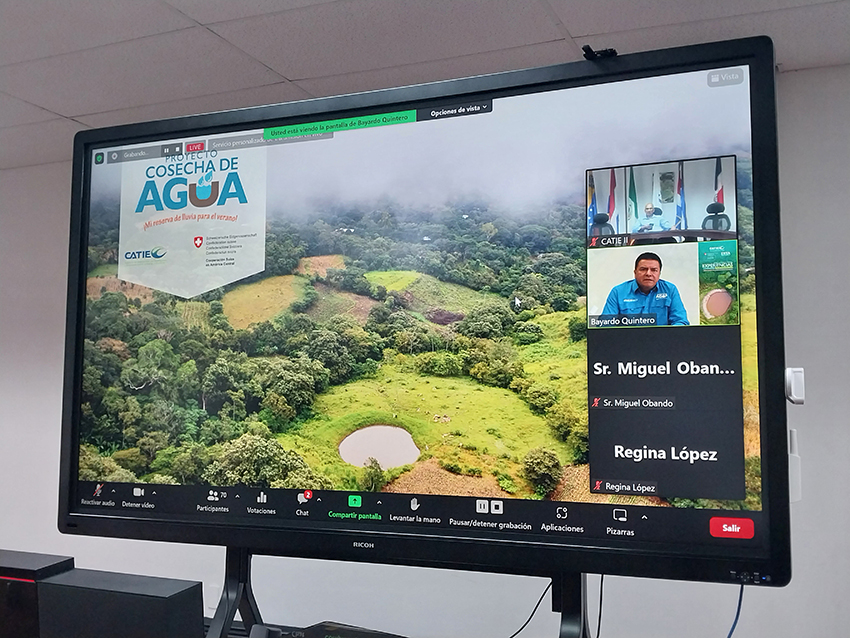
- Work in Nicaragua is helping 2,500 small and medium-sized farming families to establish production systems that are more resilient to climate change.
November 18, 2022. On Thursday, November 17, the International Forum: Experiences and Lessons Learned from the Water Harvesting Project, Opportunities for Public Policy Advocacy, organized by CATIE (Tropical Agricultural Research and Higher Education Center) was held to share the findings, tools and results after more than 4 years of implementation.
The project "Adaptation of Agriculture to Climate Change through Water Harvesting in Nicaragua" is executed by CATIE, financed by COSUDE (Swiss Agency for Development and Cooperation) and with the cooperation of INTA (Nicaraguan Institute of Agricultural Technology), and promotes water harvesting systems as a climate adaptation measure for family agriculture for more than 2,500 rural families in the dry corridor of Las Segovias, Nicaragua.
Dr. Laura Benegas, Coordinator of CATIE's Watershed, Water Security and Soil Unit, welcomed the participants and pointed out that the objective of the forum was to make the capitalization of experiences available to the international community interested in these types of topics. "We want the information to be used in similar processes and in initiatives that people are interested in carrying out," he said.
Dr. Muhammad Ibrahim, Director General of CATIE, then gave the opening remarks at the forum, thanking the panelists and the international audience for taking time out of their agendas to participate in the progress made by the project since 2013. "After working on the topic for almost 10 years together with the Swiss Cooperation, CATIE aspires to be a reference in the design and implementation of water harvesting initiatives linked to agriculture and livestock. Throughout these years we have developed important research, monitoring and field efforts in order to verify and record the achievements, as well as the difficulties we faced in the development of the project. But even more important are the positive changes that are expressed in the productive fields, in the families and in their food and nutritional security options," he pointed out.
The forum was the window for the presentation of 3 technical interventions where the global experience of the project was presented by the project coordinator Bayardo Quintero, the use of tools and methodologies for the selection of sites with potential for the construction of water harvesting works by Laura Benegas and Ney Rios, and an economic analysis by Eduardo Pacay of the Environmental Economics and Sustainable Agribusiness Unit.
"It seems to me that the forum has been an excellent opportunity for all of us to learn a little more about water harvesting as a measure of adaptation of agriculture and livestock to climate variability, and we are confident that in the immediate future we will develop new knowledge management efforts that will allow water harvesting technologies, and in particular the learning from the project, to scale up and materialize in the design of public policies relevant to the subject. We will continue to harvest knowledge and make it available to society and governments. CATIE is already a reference in knowledge about water harvesting," said Bayardo Quintero.
There was also an intervention that had to do with the emphasis given to the forum, around the dialogue on public policy advocacy in order to incorporate the issue of water harvesting. This presentation was given by Camille Flüeckiger, Deputy Head of International Cooperation and responsible for Humanitarian Aid at SDC, together with Mauricio Peñalba, SDC's national program officer.
In addition to the presentation of each of the panelists, an audiovisual presentation of the Water Harvest project and a life story of one of the families benefiting from the project were shown, which helped to further understand the impact on the population. Finally, Mr. Miguel Obando, Director of INTA, spoke about the importance of applying the tools presented to improve the resilience of agricultural and livestock systems in the face of climate change
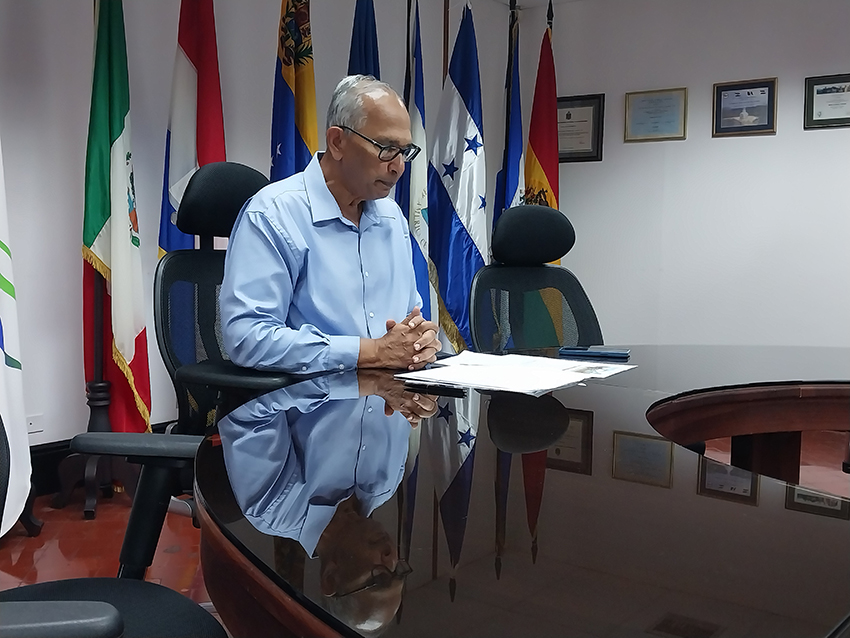
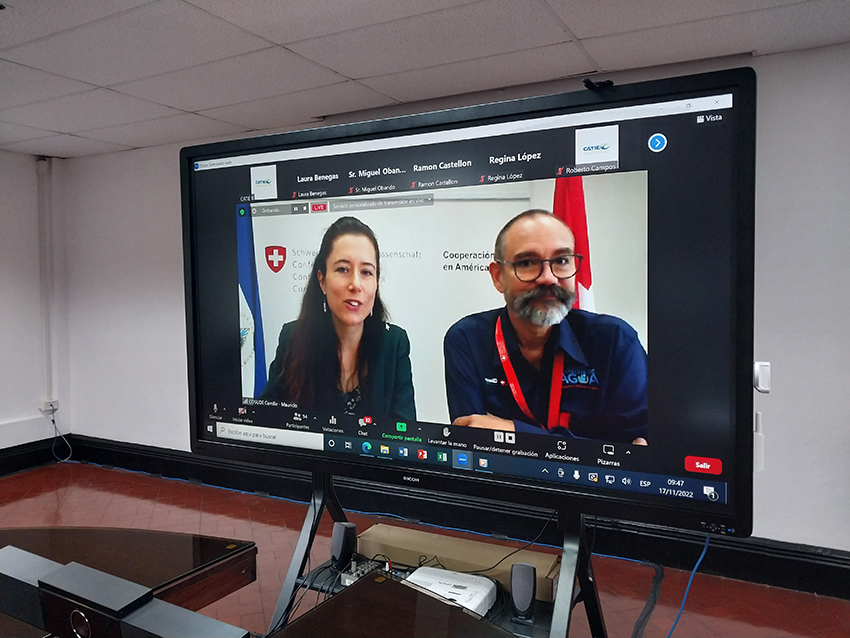
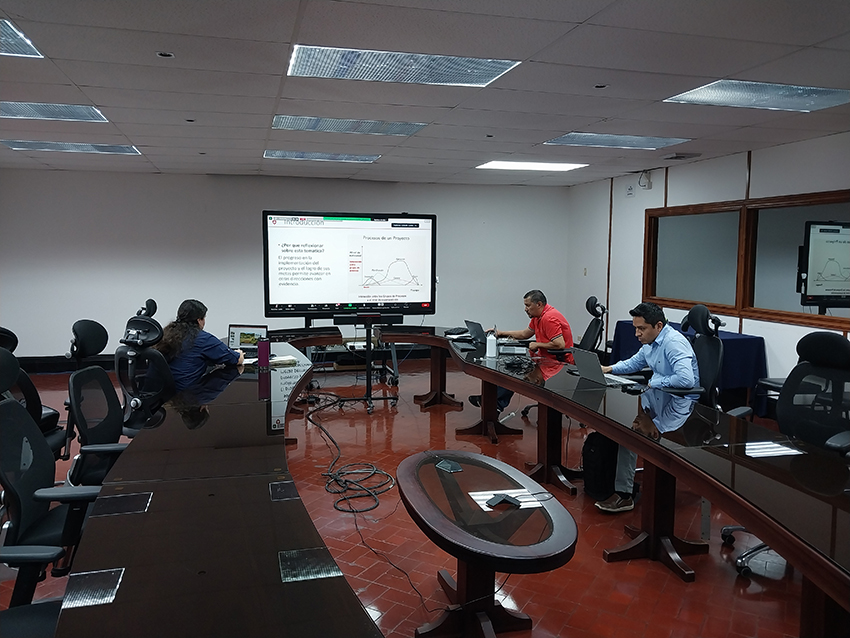
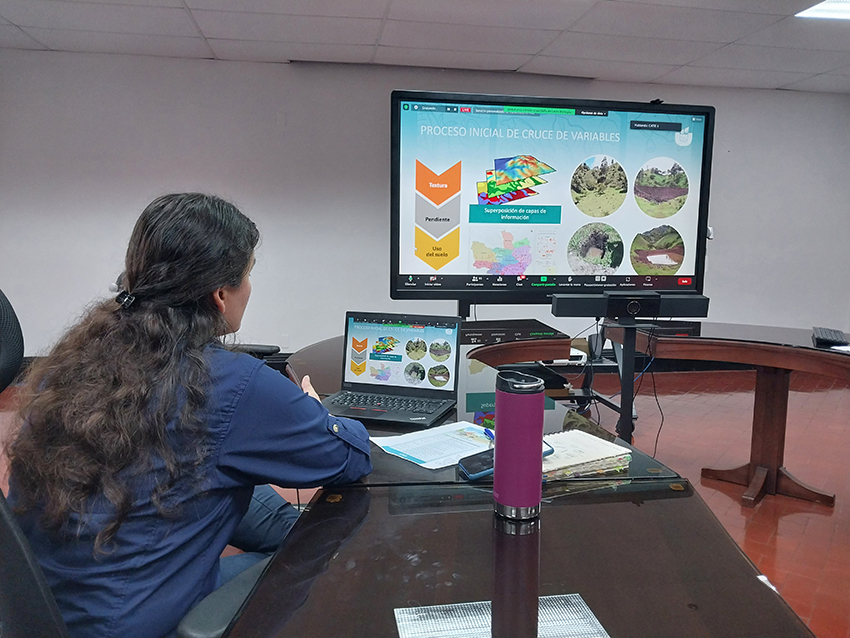
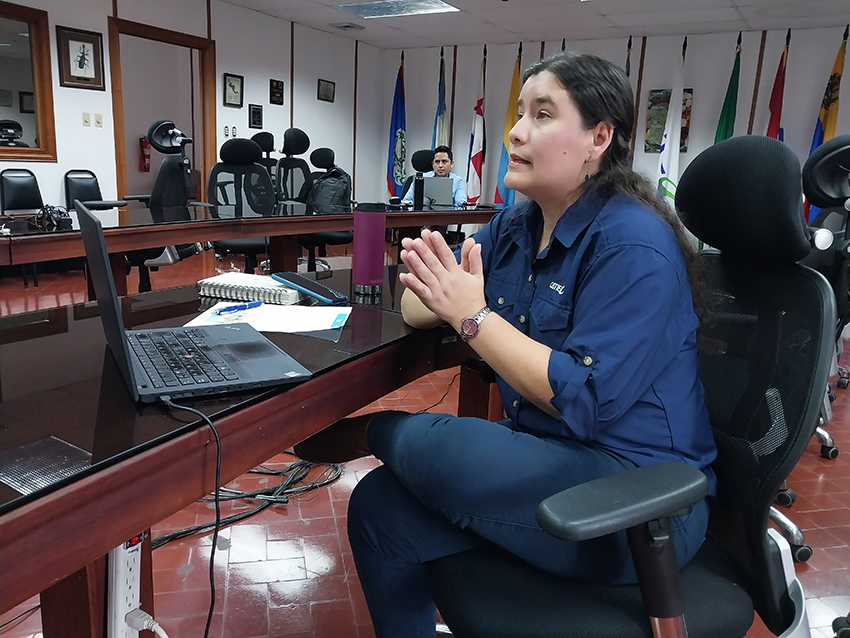
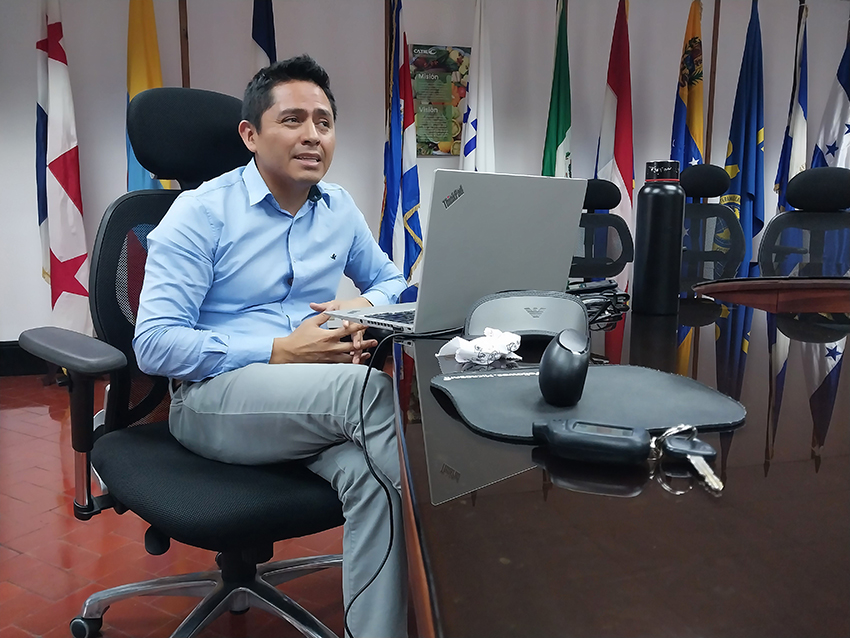
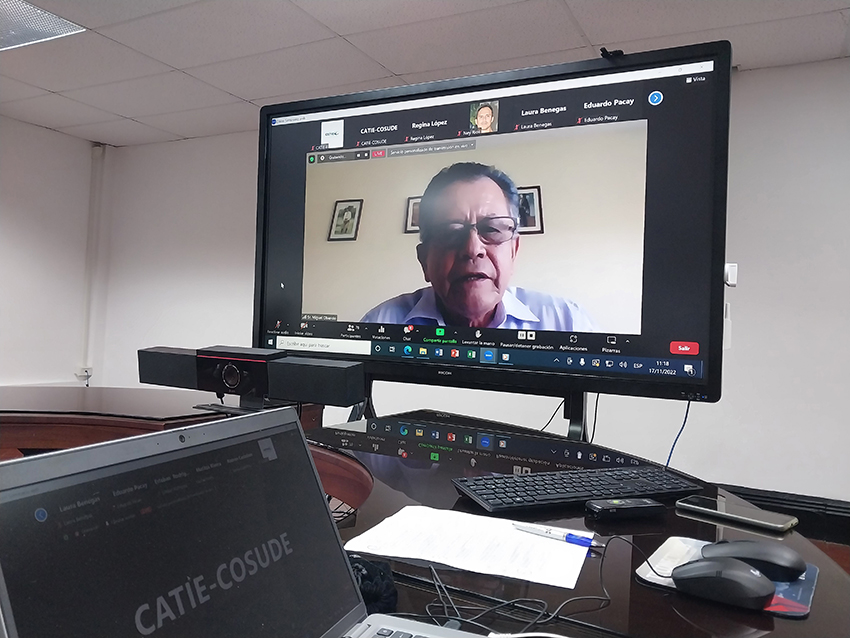
More information:
Water Harvesting Project - Nicaragua
Water Harvesting Project - Facebook
Contact:
Bayardo Quintero.
Written by:
Esteban Rodríguez Zamora
Communicator
Information Technology and Communication
CATIE
Tag:cambio climático

